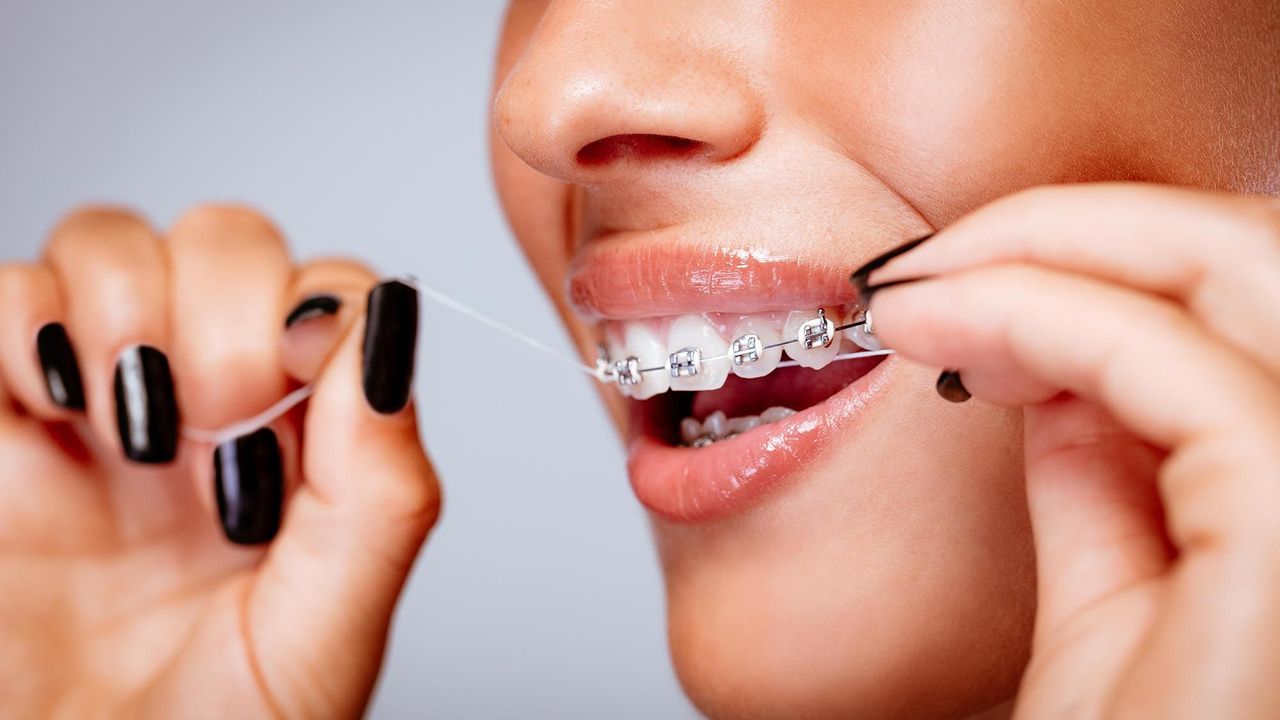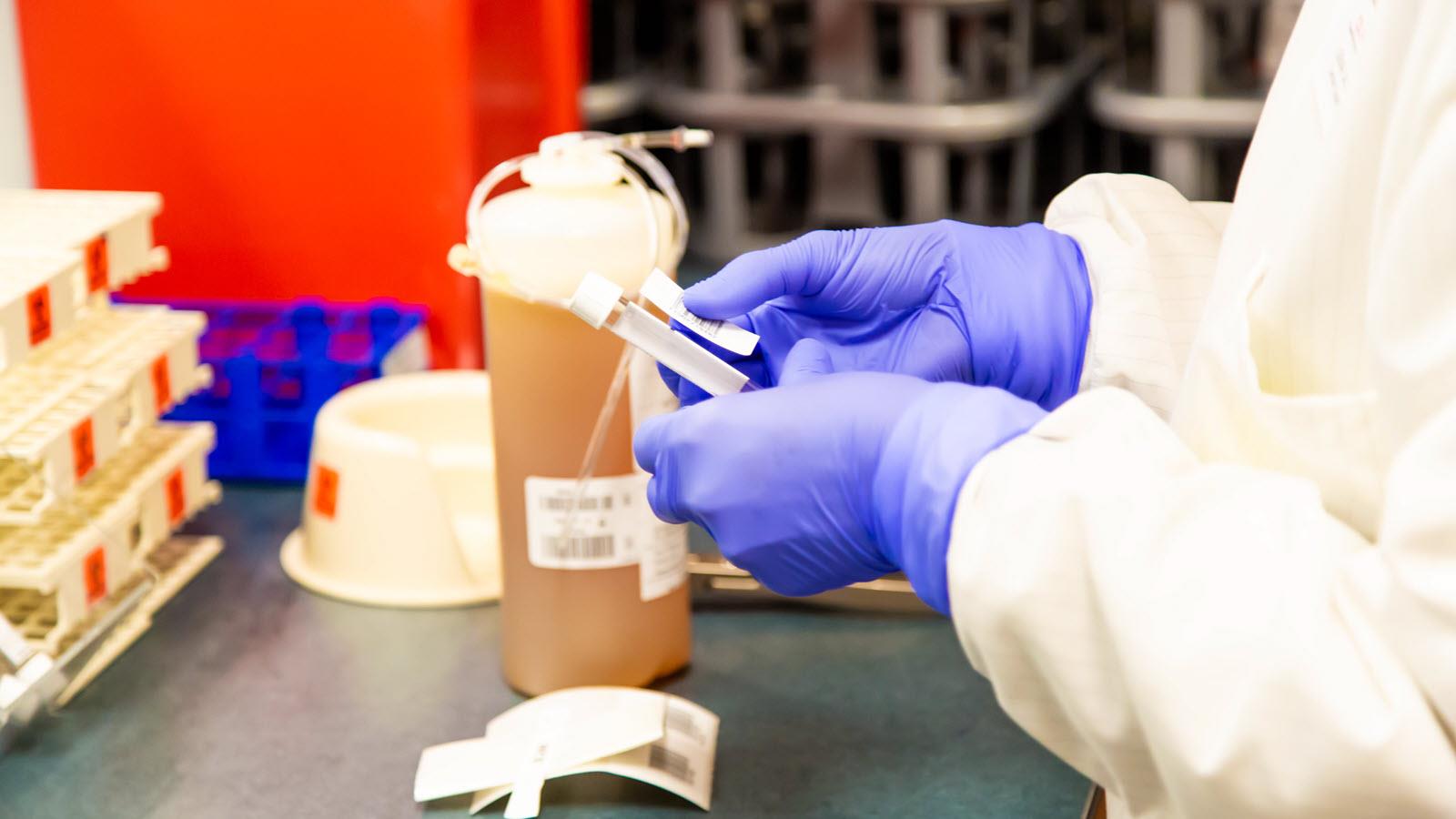How To Brush Your Teeth the Right Way?

Proper teeth brushing is one of the most fundamental parts of a houston preventive dentistry and is essential for a person’s general health and well-being.
Even though brushing your teeth is something you do every day, how you do it can significantly impact your oral health.
Brushing Your Teeth the Right Way
Prevention of dental problems, including cavities, gum disease, and bad breath, can be achieved through the simple act of brushing your teeth twice a day. Plaque is the sticky film that forms on your teeth and gums when food particles and germs are constantly being deposited there. Plaque can harden into tartar, which can only be removed by a dentist if it is not removed on a regular basis.
Poor brushing habits can cause many dental issues. If you overbrush or use too much effort, you can harm your enamel and irritate your gums. However, if you do not brush thoroughly, bacteria and plaque will build up, increasing your risk of cavities and gum disease. A healthy smile relies on regular brushing. Therefore, it is important to know how to do it properly.
Guide to Brushing Your Teeth the Right Way
Selecting a toothbrush and toothpaste suited to your needs is the first step toward ensuring you are brushing your teeth properly. Soft-bristled toothbrushes are preferable because they are gentler on the gums and teeth. The consistent and even pressure applied by electric toothbrushes is another perk.
Keep the toothbrush at a 45-degree angle toward the gums while brushing. Because worn bristles are less effective at cleaning your teeth, it is recommended that you replace your toothbrush or toothbrush head every three to four months or sooner if the bristles become frayed.
Mistakes people often make
- When they brush too quickly: Brushing your teeth thoroughly is essential. If you’re in a hurry, you might not thoroughly clean everything.
- Plaque builds up along the gum line; if not removed regularly, it can cause gum disease if left untreated. Make sure you are getting this crucial area by carefully angling your brush.
- With a Bristle Brush in Hand, Enamel wear and gum recession are both side effects of using a hard-bristled toothbrush. Choose a brush with softer bristles if you care about your teeth.
- If you want fresh breath, you might want to check your tongue and the roof of your mouth for bacteria. If you want to have better breath, make it a habit to clean these areas regularly.
- Not Giving It Enough Water: Rinse your mouth thoroughly after brushing to remove the loose plaque and food particles.


